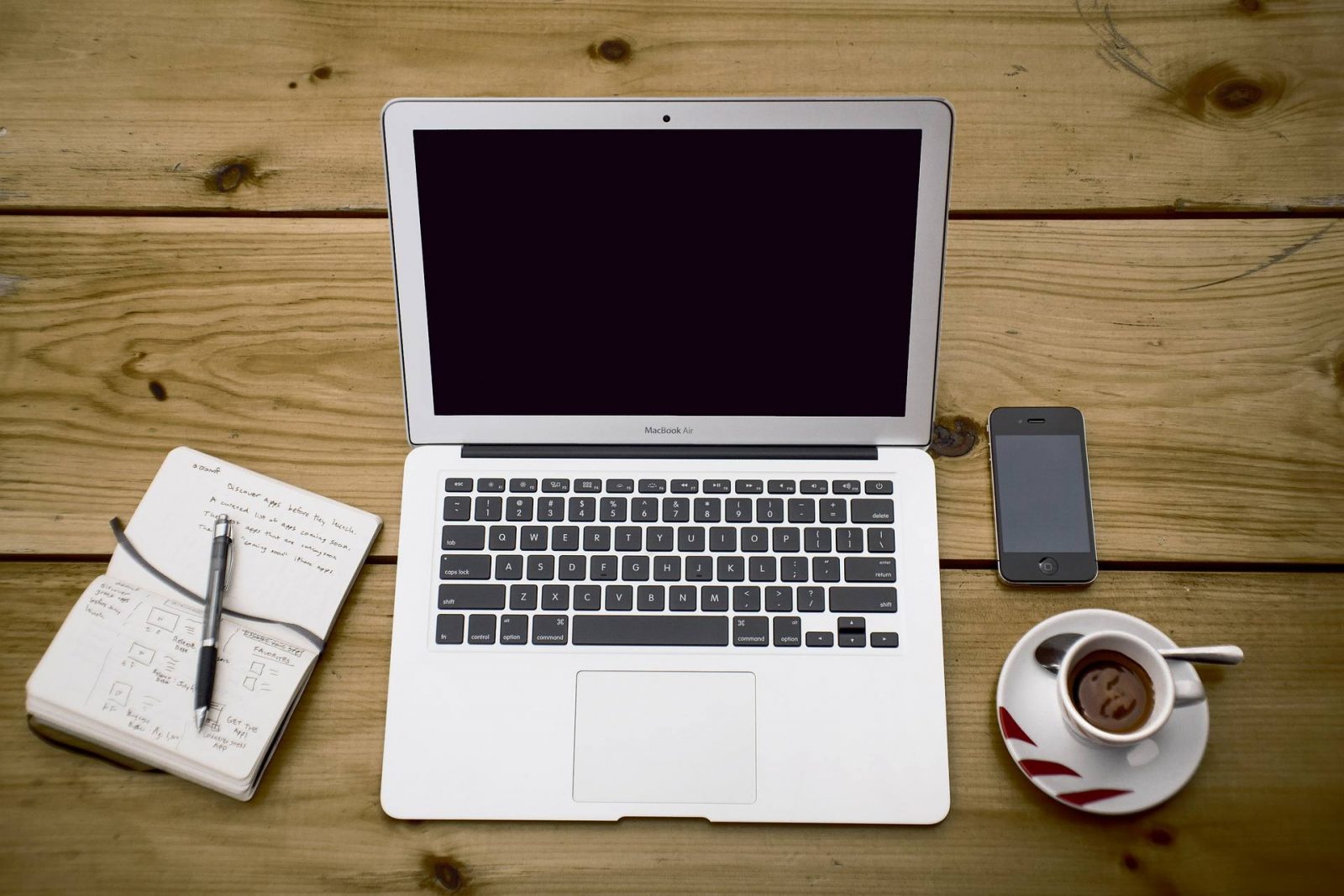This is a collaborative post.
With almost a third of UK workers feeling that they have a poor work-life balance, it’s becoming more aware that this is something we need to address. Not only does it affect our relationships and home life, but it can also take its toll on our mental health. Many countries have already stepped up to make sure their employees have a better balance, so how can the UK take a leaf out of their book and follow suit.
The Current Situation
It’s not news to find out that the adults in the UK are overworked. Maintaining a healthy balance between home and work life seems to become more and more difficult as the youths of today aren’t identifying a work-life balance as an important part of their job; they rarely switch off. Juggling a family alongside a job has always been a difficult task for many to manage, but with new statistics revealing that 75% of working parents suffer from stress and anxiety as a result of their work-life balance management, it’s becoming more popular in the media.
Although there are some businesses that still aim to operate at maximum capacity, this certainly takes its toll on the employees. Research has often found that as a person’s weekly hours increase, their happiness levels tend to decrease. Of course, this comes as no surprise as you’re getting less time to do the things you enjoy outside of work. Even for those who don’t work long hours, there is still the issue of ‘switching off’. It’s so hard to just walk away from things that happened during your day’s work.
Many of us feel as though there’s nothing we can do about out long hours as we need our jobs, but we are spending less time doing what we want.
How do People Manage in Other Countries?
In comparison to our western European counterparts, Britain has the worst work-life balance. Is there anything we can learn from our neighbours wheel of life cycle?
It seems as though workers in other countries have more free time to spend outside of work. In Belgium, employees have a 7.4-hour work day, and the Netherlands have been enjoying the shortest working week at only 30.3 hours. Denmark works only 6.6 hours each day and Austrians start the weekend early with 3pm finishes on a Friday that happens all around the country. Many Germans, who work in retail are able to relax on a Sunday too, as stores are regulated to close. All of these extra hours means that Britons could be working 325 hours more per year than workers in Germany. How crazy is that?! I’m thinking of moving to Berlin right now!
Unlike UK workers who often go with only one half an hour break a day, foreign employees are encouraged to take multiple breaks throughout the day which actually helps productivity. The Spanish are famous for their midday siestas and Finland workers enjoy extra-long lunch breaks that can be up to two hours long! In Sweden, the office’s pause at around 11am to enjoy a ‘fika’ – a coffee break! It really does look like we have it all wrong.
What can we do?
Although we can’t change the regulations of our workplace, there are some things that we can do to help manage our work-life balance.
Enquire with your employer about splitting up your break; split your hour break up into half an hour and two 15-minute breaks to decrease the amount of time spent at your desk at one time. Get some fresh air on a little walk around the block or just pop to grab a coffee.
A long commute can lead to stress and depression according to one study. I actually don’t mind commuting for around an hour a day as I use it to read which really relaxes me, but if it does bother you, why not find a gym class by your office to release some stress and have an emptier journey home.
Although it can be difficult, you really should try to restrict yourself on checking emails when you’ve clocked off for the day. If you feel you must check your emails, then only do it for ten minutes on an evening instead of an hour as I’m sure you sitting on your laptop doesn’t impress your family! It’s also advisable to try and keep overtime to a minimum so you’re not eating into you time off work.
Make sure you’re using your annual holidays to recharge and get out there to travel. If you’re one of those that are guilty of using your holidays to run errands or do something that you’ve been putting off, this isn’t really helping your work-life balance as you’re not fully switching off. Although we need to do this once in a while, try to use your annual leave for escaping the real world!
It’s not hard to see that the current situation is not great for UK workers. But, there are some small changes that you can make. From splitting up your break to making the most of your holidays, being conscious of finding a good split between the office and spare time is the first step to improving your work-life balance.
This article was brought to you by CT Shirts, retailers of all things smart including the Morning Suit, classic office wear and shirts.


